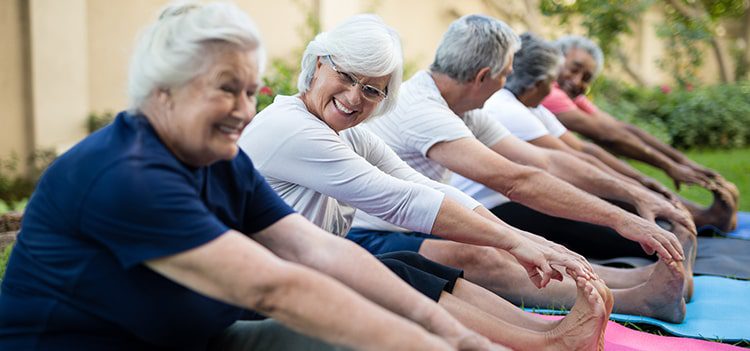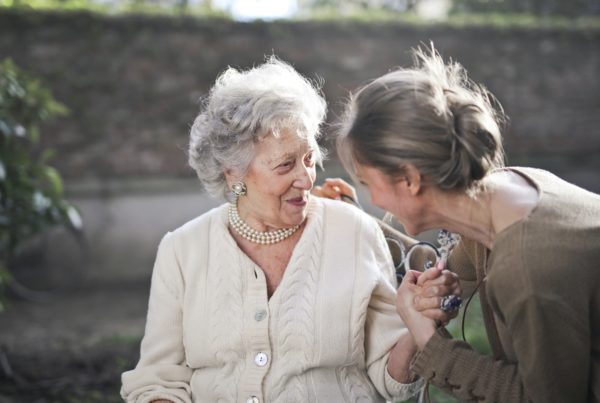How to help elderly relatives stay social to reduce loneliness and isolation
Loneliness is more prevalent in the elderly with over half of people who are over 75 living alone. Many older people in the UK feel out of touch with the pace of modern life and consider the television as their main source of company.
Loneliness causes feelings of disconnect from others, and not belonging, and persistent loneliness can have profound impacts on physical and mental health, as well as quality of life. It’s important to be able to help as a family member or friend, you can learn how to help elderly relatives stay social.
Help them to get connected online
Although older people may feel they struggle to keep up with the pace of modern life, they may find technology to be of great assistance and comfort. Platforms like Facebook or simply an email address, can allow them to keep up to date and in contact with family. You may need to help them to organise their internet connection if they haven’t one already, and a device for them to use it on. Teaching an elderly relative on how to use a device such as laptop, smartphone or tablet can be difficult to do from a distance, however you may be able to get them booked onto an Age UK computer training class.
The number of people in the UK who are over 75 and using the internet has nearly doubled in the last 12 months as they find it a great source to keep in touch, also finding it easier to do shopping, especially if they are less mobile.
Volunteering
If your elderly relative is able to get out and about, then a local volunteering opportunity can be a great way for them to share skills, keep themselves busy, as well as opening up the opportunity to meet new people. The Royal Voluntary Service specifically works with older people, helping them to
If your elderly relative is less mobile, they could be a volunteer from home with a charity such as The Silverline, they offer lonely people a half hour telephone conversation with a volunteer every week. People who are feeling lonely volunteer to do this as it helps them also. They also offer a 24 hour helpline.
Hobby Meetups
If you know that your elderly relative has a hobby, or enjoys a particular activity, you may be able to find a group in their area that meet up regularly. Meetup or Google+ is usually a good place to find these. For example, if you were looking for hobbies and crafts meetups in London, there is lots to choose from.
This offers a really engaging way to spend time with people who have similar interests.
Exercise groups
Your older relative may find it beneficial to join a local exercise group – depending on how mobile they are, many local areas offer a walking group, or Yoga. This kind of activity will ensure that your relative will meet new people, as well as keeping them physically active which can help improve health and overall well-being.
Learning something new
It’s never too late to start taking a pottery class, or learning a new language. Learning is good for keeping the mind active and for cognitive health. Learning a new skill and going to classes can provide the opportunity to make new friends, as well as feeling the accomplishment of learning. Most areas have an Adult Continuing Education facility offering an array of interesting courses.
Ending loneliness
If you feel passionate about helping older people who are feeling lonely, you can keep up with campaigns from the organisation, Campaign to End Loneliness.




